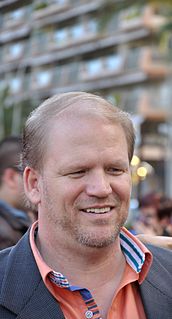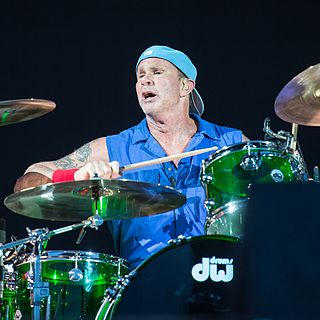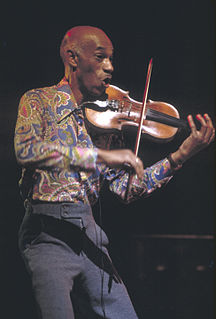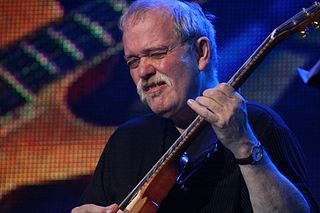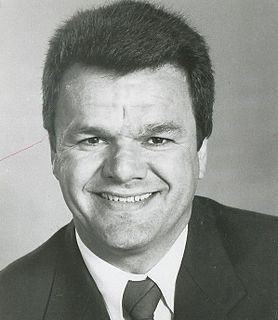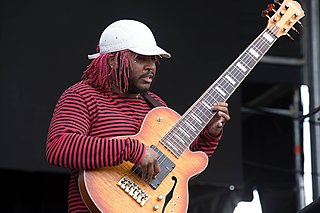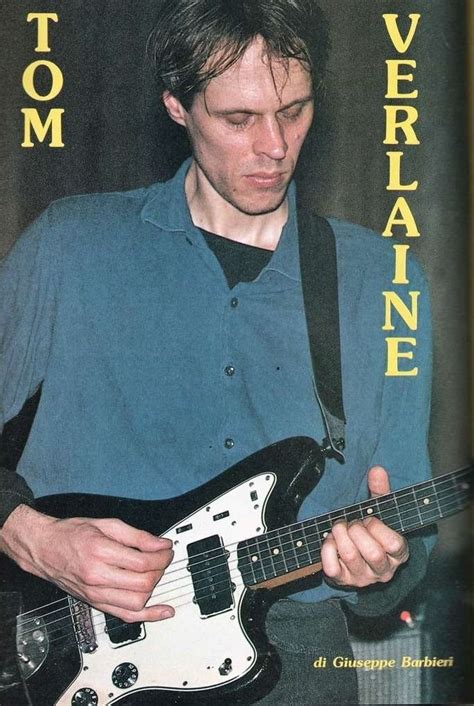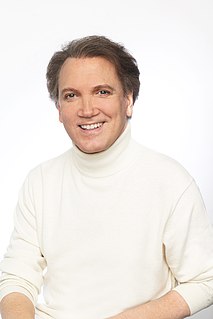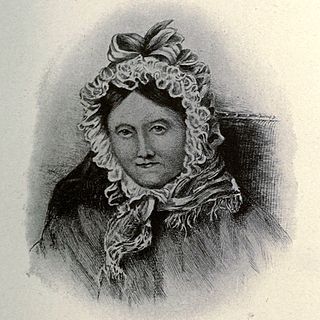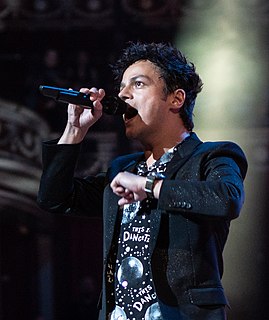A Quote by Jeff Buckley
I once took a ride to the beach in L.A., and all along the shore there were all these so-called jazz places. And I saw these college guys and session players playing this fusion Muzak stuff. It was just a lot of notes, and the more notes they played, the more it kept them from expressing anything. So I came back home and got out my Zeppelin albums.
Related Quotes
You get notes from two studios and a network instead of a studio and a network. Although we early on forced them all to do their notes together. I make them all talk to each other first. Because we went through the pains of getting notes from ABC and at the time it was Touchstone, that were opposite - and then CBS notes that were opposite again. So it was, you guys are going to have to work it out as to what is the most important note.
A good way to work on alternate picking is to choose three or four notes, and work on those. Too often, players who are trying to improve their right hand dexterity get hung up by playing too many notes with the left hand.I hear a lot of players running whole scales from the sixth string to the first , and playing them really sloppy.Keeping it very basic-and using only a few notes-and playing slowly with perfect rhythm is a task in itself.
I got into playing the jazz. I played jazz for a good while. I did the popular stuff first. You got the "Twelfth Street Rag" and those kinds of things. Then I got to hanging around with a bunch of guys starting to playing jazz. We'd go from one place to the other and take our instruments, just perform for free.
For the moment, the jazz is playing; there is no melody, just notes, a myriad tiny tremors. The notes know no rest, an inflexibleorder gives birth to them then destroys them, without ever leaving them the chance to recuperate and exist for themselves.... I would like to hole them back, but I know that, if I succeeded in stooping one, there would only remain in may hand a corrupt and languishing sound. I must accept their death; I must even want that death: I know of few more bitter or intense impressions.
I write a lot of more instrumental music than I do vocal music. It's because I come out of a background of playing piano and then playing sax for a number of years. I kind of got into rock backwards. A lot of guys go into rock and then get sick of it and then go into something else. I came the other way, so I've always just had a lot more stuff lying around.
I took many notes, more than usual before I sat down and wrote Act One, Scene One. I had perhaps eighty pages of notes. . . . I was so prepared that the script seemed inevitable. It was almost all there. I could almost collate it from my notes. The story line, the rather tenuous plot we have, seemed to work out itself. It was a very helpful way to write, and it wasn't so scary. I wasn't starting with a completely blank page.
I started playing music around 13 or 14, played jazz in high school, and played other stuff in college. After college, I tried to make it as a musician. I lived in a big squalid house full of dudes outside of Boston. We were all musicians. We built this studio in the basement and played there all hours of the day.
When we were in the woods beyond Gowbarrow Park we saw a few daffodils close to the waterside. But as we went along there were more and yet more and at last under the boughs of the trees, we saw that there was a long belt of them along the shore, about the breadth of a county turnpike toad. I never saw daffodils so beautiful. They grew about the mossy stones about and about them, some rested their heads upon these stones as on a pillow for weariness and the rest tossed and reeled and danced and seemed as if they verily laughed with the wind that blew upon them over the lake.

